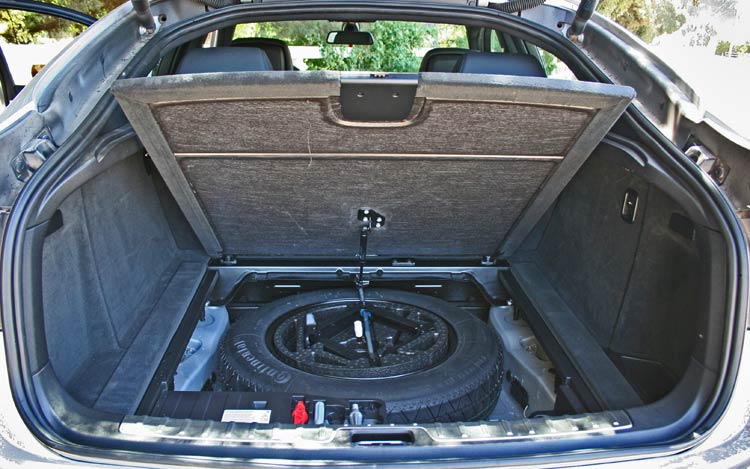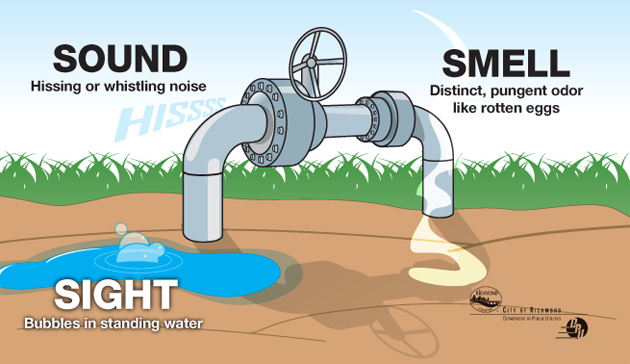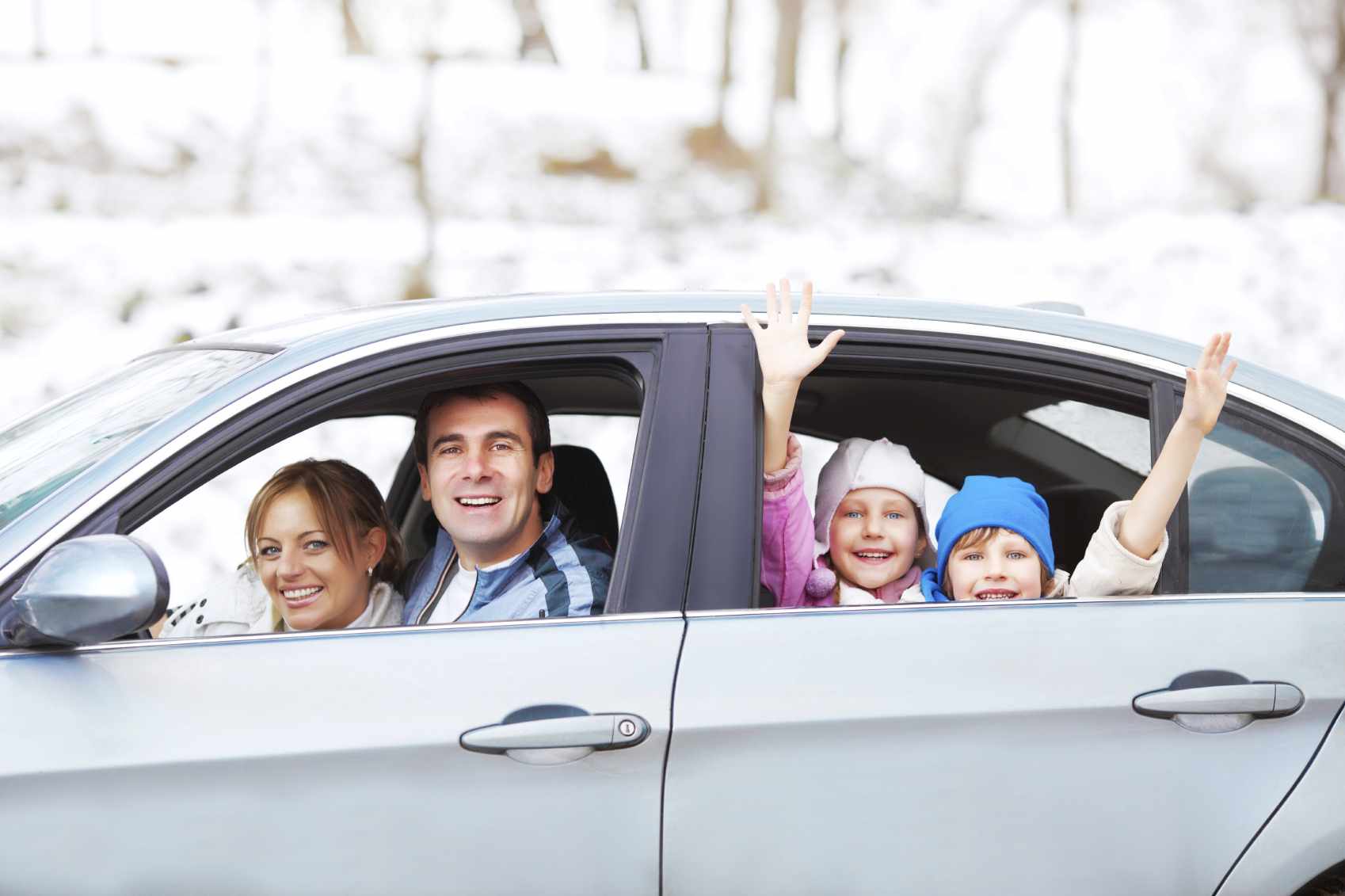Fact, the United States Department of Transportation says the Thanksgiving/Christmas/New Year’s holiday periods are among the busiest long-distance travel periods of the year.
Approximately 90 percent of holiday travel takes place by personal vehicle, followed by air, bus and train. With so many people on the move, the risk for accidents and other incidents increases.
Keep the holidays enjoyable and safe, be sure to exercise caution and keep these few tips in mind:
Schedule a tune-up. Make sure your vehicle is in good working condition. Check the air pressure in tires and get an oil change your car is due. Other cars on the road may kick up salt and other debris from the road. Be sure to top off windshield washer fluid to maintain visibility.
Schedule plenty of time for travel. Expect traffic and leave extra time to get to your destination. Rushing may cause you to increase your speed or make risky choices behind the wheel of your car that may result in an accident or injury. Leave extra time for traveling through hazardous conditions like snow, sleet or heavy rain. Schedule time for bathroom and stretch breaks.
Know multiple routes to your destination. The increased volume or accidents on the roadways can result in detours. Make sure your navigation is up to date and a map in your glove box.
Leave room for emergency supplies. Make available room in your car for a change of clothes, a blanket, snacks and water, jumper cables and a flashlight. Drivers should be prepared for a breakdown. If you are a AAA member, remember the holidays are a time when the local companies have crews on holiday schedule and response time may be increased.
Keep the family entertained. A long trip can seem longer without proper planning. Plan for some activities ahead of time. Games, books, videos/dvds and music can help fill the time. Make frequent stops for bathroom and stretch breaks. Don’t forget to pack food and drinks to keep rest break times to a minimum. “Are we there yet” is not a phrase only used by children.
Take turns driving. If you are fortunate enough to travel with multiple drivers, take turns driving. Spending long periods of time behind the wheel can cause fatigue. If you are driving alone, plan for breaks to rest. Drowsy driving is a major cause of accidents on the roadways.
Secure packages and Luggage. Tie down items on roof racks and in rear cargo areas of SUV’s and vans so they are not moving around freely. In the event of an accident, items that are not secured can be dangerous.
Pack gifts and other items so that the driver’s line of sight is not impeded.
Last but certainly not least, review your insurance coverage. During an emergency you want to be assured that you have rental reimbursement, full glass coverage, towing, medical reimbursement and your course collision. A call to your insurance agent can never hurt. If you are unable to reach them or feel it is time for an insurance review, feel free to call C.H. Edwards, Inc. at 516-249-5200 and we would be happy to assist you.
If holiday travel is on your to do list, remember to make safety a priority.
Happy Holidays from your friends at C.H. Edwards, Inc.!
Written by: Denise Visco










